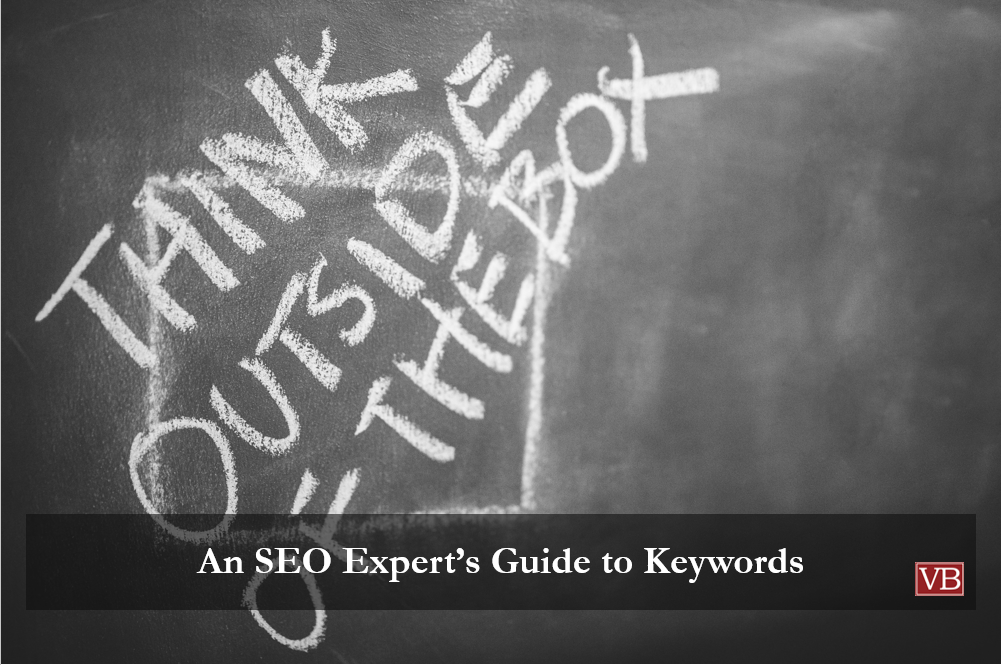
Keywords have been a thing since search engines took over the internet. Everything is driven by the right choice of words. You’ve certainly experienced it when Googling a particularly tricky subject. All it takes is just one changed word to completely alter the results. The same thing happens when recruiters and hiring managers are looking for you on social media, through search engines, or in their own applicant tracking systems. But adding keywords to your profiles and resumes is a tricky proposition. If you add too many your information looks cluttered and it may be difficult to determine which are most important. If you add too few, you may not be found at all. Here are some insider tips on using keywords to your advantage in your job search.
- Job titles. This is especially important on your resume and LinkedIn. Recruiters are looking for specific information that tells them you may be a fit for their organization. They are going to start with job title because that is the easiest first step. Use the most common title for your desired job. Don’t forget to include past job titles. For example, you may be looking for a job as a staff accountant but in the past you’ve been employed as an accounts receivable specialist. Include all of these so you can be found.
- Location. Most recruiters and hiring managers are looking for local candidates for their jobs. While relocation is often possible, it isn’t the first thing they’ll consider when searching for the right candidate. Include your city and state, the name by which your region is mostly commonly referred (such as “DFW” or “Upstate New York”), or the targeted city or region where you’re looking to relocate. If your strategy is to move, make sure they know that this is a possibility for you.
- Skills. Most experts suggest to candidates that listing accomplishments is more important than skills on a resume. There is one significant exception: keywords. You don’t need to list every duty you’ve had in every job but create a section on your LinkedIn profile or resume that lists the specific skills you have such as hardware and software experience. Be sure to include things you know how to do that may be more difficult to find.
- Specializations. Lastly, you want to target your job search so if you include all the keywords you may be contacted for jobs you don’t want. Be sure to include the area of expertise that you’re focused on as part of your job summary. This will help focus your resume and the attention of recruiters on calling you for the things you want to do. If you’ve had experience in the past with collections but this isn’t something you want to do in the future, you may strategically leave that keyword off your resume and profiles.
Of course, these are aren’t the only categories so research what others have used who are in your field and use that as inspiration for designing your own keywords.
Do you want to know more about using keywords in your job search? The staff at VincentBenjamin can help so contact us today!
